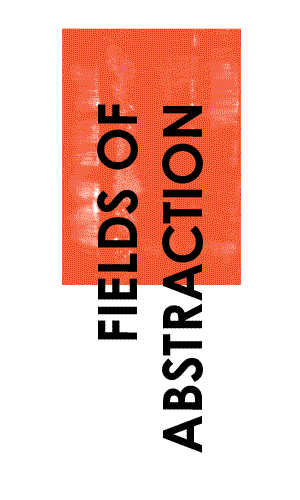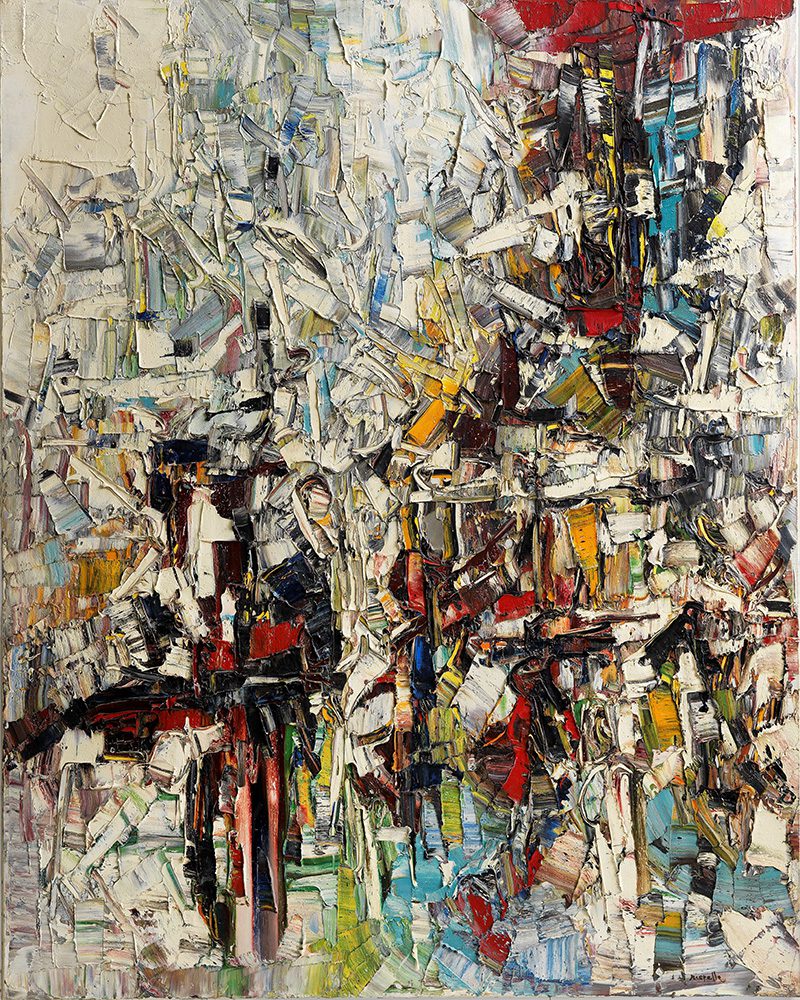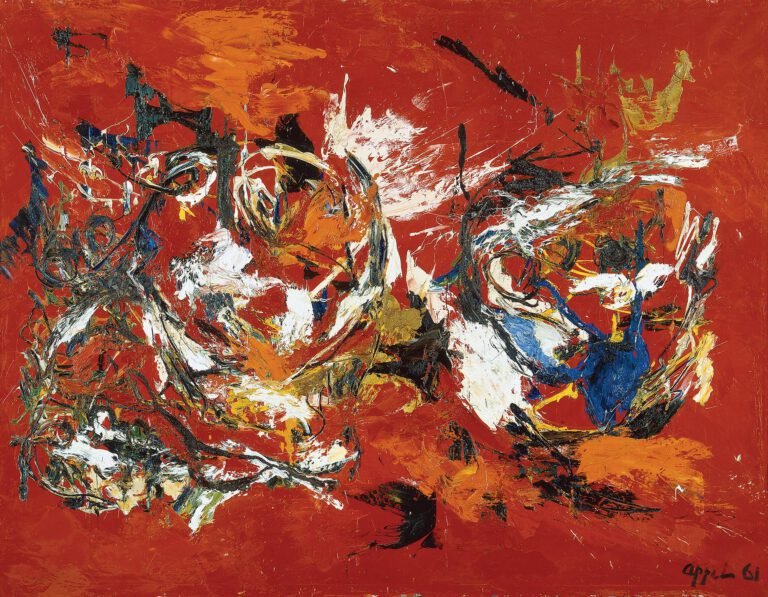Best known for his non-representational high-texture landscape paintings, Canadian Abstract Expressionist Jean Paul Riopelle studied with Paul-Émile Borduas, a founding member of Les Automatistes, and was among the first signatories of the 1948 anti-establishment and anti-religious manifesto “Refus Global.”
Plowing under the Snow illustrates Riopelle’s investigations into free experimentation and instinctive exploration, developing his distinctive tool – the palette knife. Relinquishing the brush, he forces us to rethink texture and color, creating a tactile surface you can almost feel with your eyes. Riopelle squeezed paint directly from the tube and applied it in thick layers with a palette knife, creating crests and peaks all over the surface. According to the artist, the thickness of the paint was unintentional: “When I begin a painting, I always hope to complete it in a few strokes, starting with the first colors I daub down anywhere and anyhow. But it never works, so I add more, and more, without realizing it. I have never wanted to paint thickly; paint tubes are much too expensive . . . .” The copious amounts of paint result in a dense, voluminous impasto, which bestows on the painting a distinctive sculptural quality and mosaic-like effect. Irregular multicolor trails, resembling sliding fingers, evoke a sense of pattern. Dominated by white and bright colors, the palette appears at times matte, at others glossy.
Sarah Benshushan



